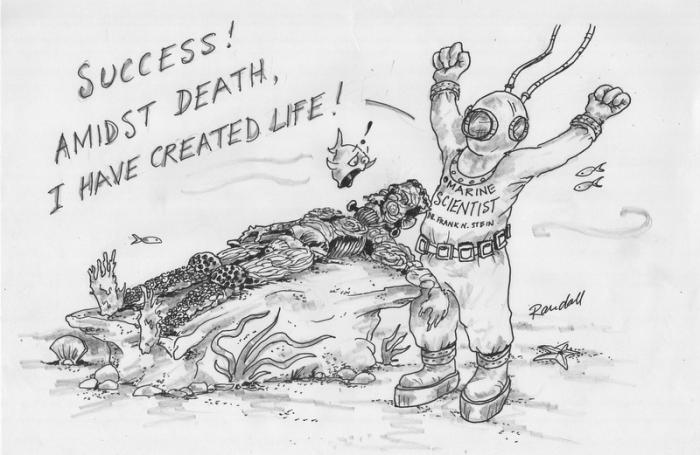Opinion: Ensuring the success of coral restoration

PHUKET: The success of a coral reef restoration project off Mai Thon Island is encouraging, but also serves as a reminder of the need to protect coral from the huge array of threats it faces from man’s activities.
These threats range from global-scale effects, such as global warming, all the way down to the most local phenomena, such as ignorant snorkelers and ‘sea walkers’ trampling coral formations.
A small fraction of our readership might recall the days when there were impressive coral formations at the south end of Patong Bay, an area now more closely associated with such phenomena as brown algae, jet-ski cowboys and the beach lounger mafia
.
Yet, beneath the surface, the lifeless remains of the coral formations that thrived there for millennia remain as a warning to anyone who takes the time to look.
Unfortunately, it is not just Patong that has lost so much coral; the effect is widespread not only in the waters off Phuket, but the entire region and world. Even Australia’s Great Barrier Reef has lost more than half of its coral due to bleaching, an effect most researchers agree is related to global warming.
As most readers probably already know, coral comes in many species and is the key building block of healthy marine ecosystems. The Phuket dive industry has, over the years, played a huge role in raising awareness about the need to preserve these ecosystems. Indeed, most divers view coral with the kind of reverence usually reserved for religious idolatry.
Unfortunately, informing new divers of the need to protect coral is not unlike preaching to the converted. Ignorant divers are only a small part of the problem. Poor fishermen do far more damage while eking out a living at sea, simply to survive and provide the rest of us with seafood.
Coral restoration projects are suitable for some locations, but we should not fail to remember the lessons we have learned from some less successful projects, especially the ‘coral reef squadron’ that wasted millions of baht in taxpayers’ money and charitable donations due to a very basic design flaw that ignored the rudimentary principles of fluid mechanics.
In the end, however, it is of course better to direct our resources toward protecting what remains of our natural coral formations, rather than trying to build artificial replacements after the fact.
Latest Thailand News
Follow The Thaiger on Google News:


























